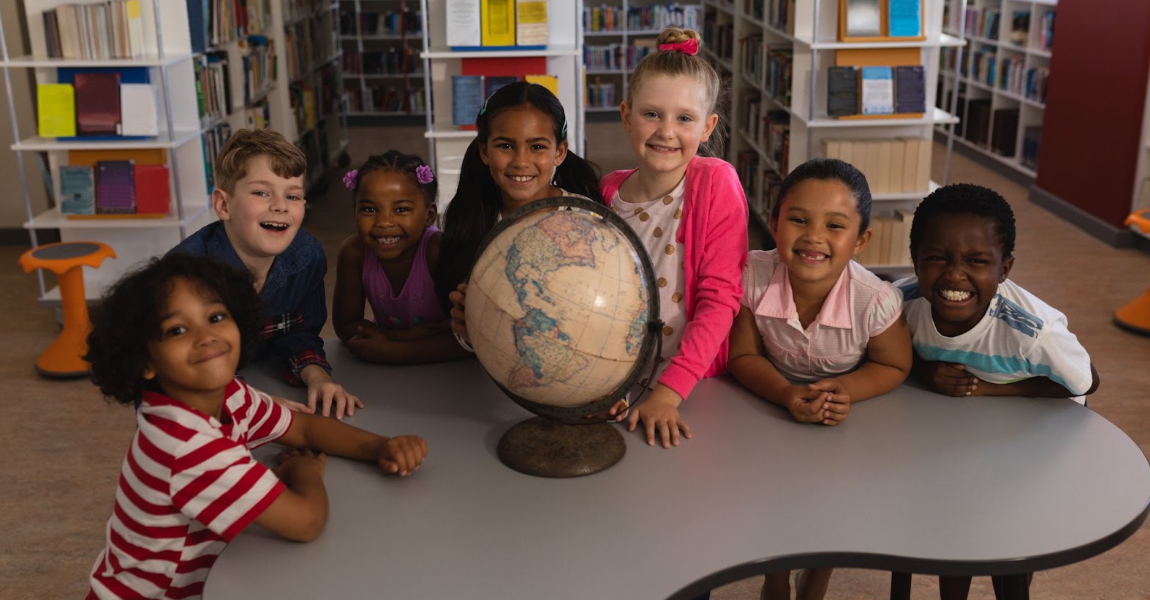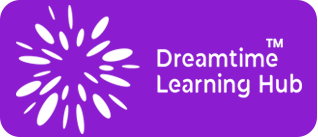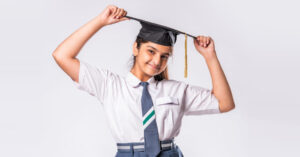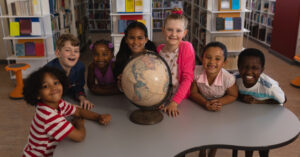Why International Montessori Academies Are the Future of Early Education

The traditional Montessori method, established by Dr. Maria Montessori, focuses on hands-on learning, child autonomy, and mixed-age classrooms. An international Montessori academy builds upon these foundations by integrating multicultural curricula, multiple languages, and global themes.
At Dreamtime Learning Hub, our preschoolers learn through exploration—discovering not only counting beads or letters, but also studying world cultures, celebrating international festivals, and even observing basics of geography and environmental care. This global approach equips children with empathy, open-mindedness, and a wider perspective from day one.
One of the defining features of Montessori in the modern era is the microschool model—small, community-centered learning pods that offer deep personalization and flexibility.
Microschools like Dreamtime prioritize:
- Low student-to-teacher ratios for meaningful relationships
- Customized learning pathways that genuinely follow each child’s interests
- Community involvement, including parent participation and real-world projects
This model contrasts sharply with the mass-education mindset and allows us to deliver a truly individual-first, globally aware preschool experience.
One huge advantage of international Montessori academies is their teachers. These facilitators are uniquely skilled, often trained in Montessori pedagogy as well as global curriculum standards.
At Dreamtime Learning Hub:
- Educators hold certifications from renowned Montessori institutions and global boards
- They receive ongoing training in inquiry-based teaching and cultural literacy
- They actively guide, rather than direct, reflecting the Montessori ethos of facilitation
This level of teacher quality and global training makes Dreamtime one of the best international schools in Hyderabad for early learning.
Early childhood education today isn’t just about cognitive milestones—it focuses on emotional support, social coping, physical well-being, and even foundational digital literacy.
Dreamtime’s curriculum integrates:
- Social-emotional learning, helping kids better understand and express feelings
- Physical and motor development, through movement-based learning and outdoor activities
- Creative arts, drama, and storytelling, fostering imagination and communication
- Seed-level digital literacy, through guided and age-appropriate tech use
This holistic focus is a hallmark of next-generation education and sets Dreamtime apart among the best schools in Hyderabad.
International Montessori microschools equip children with future-ready skills long before they enter Grade 1. These include:
- Critical thinking through hands-on experimentation
- Self-regulation and discipline, gained via structured yet flexible routines
- Problem-solving through collaborative play and real-world tasks
- Global awareness and sustainability, nurtured by authentic multicultural experiences
Such preparation ensures children enter primary school confident, curious, and resilient—cornerstones for future academic achievement.
Dreamtime Learning Hub is often cited among the best international schools in Hyderabad precisely because of its forward-thinking, global-aligned pathways. Families appreciate that preschoolers can continue into international or IB streams without drastic curriculum shifts.
Because Dreamtime emphasizes inquiry-based learning, global literacy, and independent thinking, children smoothly transition into international primary programs and beyond.
Hyderabad is increasingly home to globally mobile families—tech professionals, diplomats, entrepreneurs—seeking consistency in international schooling across cities. An international Montessori microschool like Dreamtime offers:
- Cultural continuity and global readiness
- A progressive, future-centered curriculum
- Community that values flexibility and real-world relevance
This makes it one of the most appealing alternatives when evaluating international schools in Hyderabad.
1. What’s the difference between an international Montessori academy and a regular Montessori preschool?
An international Montessori academy combines Montessori pedagogy with global themes—languages, cultural studies, and international awareness—while a regular Montessori preschool focuses mainly on child-led learning methods.
2. Are international Montessori microschools more effective than traditional international schools?
Microschools offer personalization and flexibility that traditional systems often can’t match, while maintaining an internationally aligned, Montessori-infused curriculum—offering a unique blend of global readiness and individual focus.
3. What makes an international school the best in Hyderabad?
The best schools excel in curriculum quality, teacher expertise, learning environment, community culture, and global alignment—qualities that international Montessori microschools uniquely combine.
4. How early should a child start in an international Montessori preschool?
The ideal entry point is between 2.5 to 4 years old, when children are naturally curious and primed for discovering both academic basics and cultural literacy.
5. Are international schools only for expat families?
Not at all. More Indian families are choosing international schooling for its dual benefits: global standards + cultural integration—making it a strong choice for local residents too.
The concept of early education is rapidly evolving, and international Montessori microschools are leading the charge. They bring together child-centered teaching, global awareness, highly trained educators, and holistic development—all in a small, supportive setting.
When you give your child this foundation, you’re not just preparing them for school—or even life—you’re shaping the kind of leaders and innovators the world needs.
Let's Talk
Share this Articles




